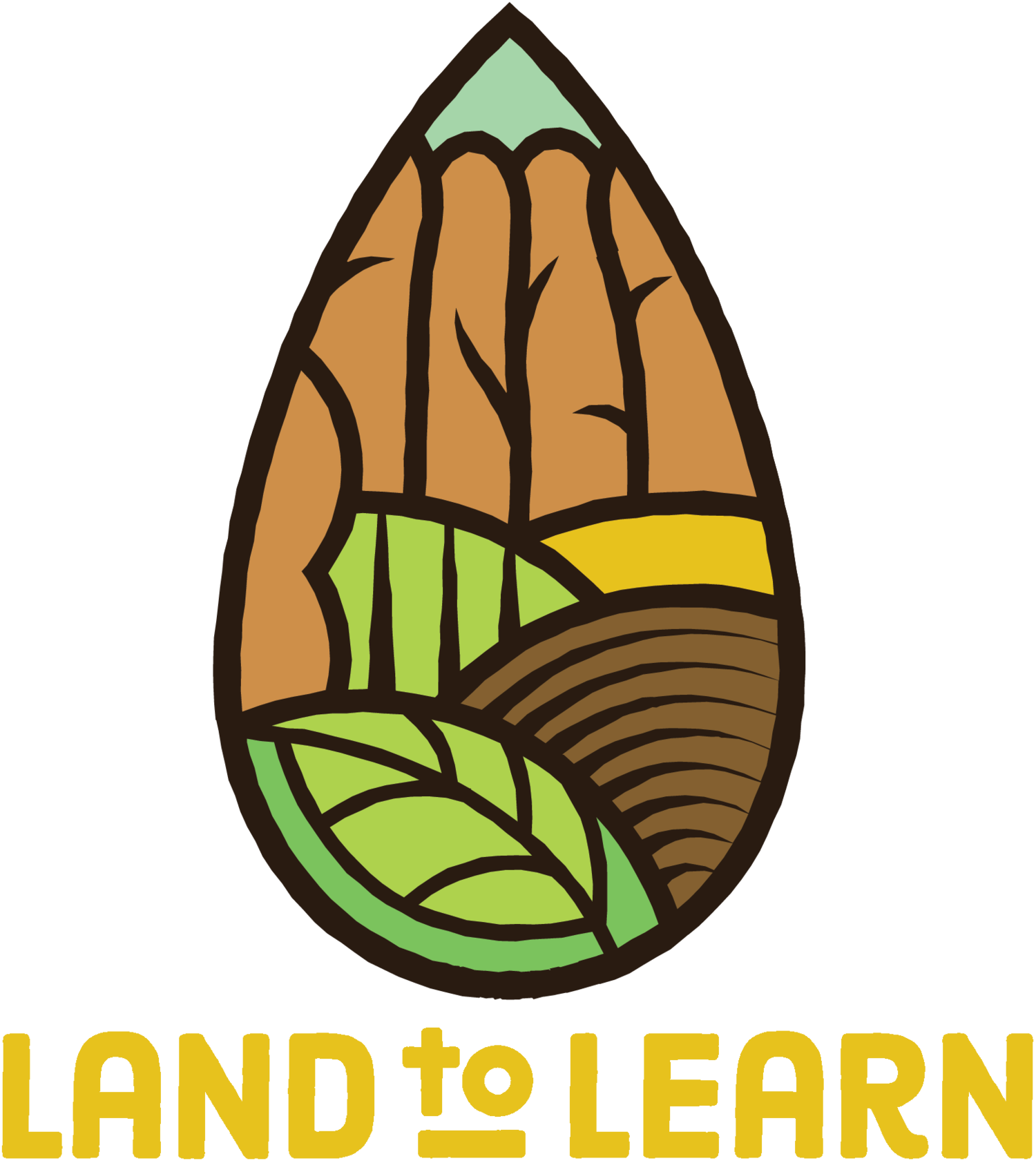Historical Background, Mission & Programmatic Summary
This information is intended for journalists and others writing about Land to Learn. Further information about each of these topics can be found throughout our website.
Previously known as Hudson Valley Seed, Land to Learn has been growing a movement for food justice and community wellness through garden-based education since 2015. As a formal 501(c)(3) organization, Land to Learn programming reaches over 2,000 participants and their families across the Hudson Valley region and currently operates within Newburgh, Beacon, Kingston, and Garrison, NY.
Our SproutEd public school program integrates nutrition education and experiential learning directly into the school day by bringing kindergarten - 2nd grade students into the garden classrooms. Our Education Co-Directors build school gardens and teach lessons during the school day, year-round, that educate students in nutrition, cooking, plant science, ecology, and food systems. Our curriculum is experiential and hands-on, offering students a fun, engaging way to apply and develop their academic and social emotional skills. As valued members of the school communities, we work with school food service departments to bring fresh vegetables into cafeterias, and collaborate with other school community partners to support health and wellness initiatives in schools.
Recognizing the additional need for inclusivity and accessibility, in the last few years LtL has broadened its mission-based work to serve community centers, after school programs, student-led farmers markets, foster youth, and youth burdened by the criminal legal system through our RadicleRoots for Teens and GroundTruth programs. We have also implemented ToolShed, our suite of train-the-trainer resources, designed to put our best practices directly into the hands of teachers and parents looking to engage in educational gardening in the schools or homes.
These programs have been and continue to be developed with our organizational values, mission and community needs at the forefront. We use a learner-centered approach that fosters agency within participants, cultivating a deepened awareness of self and the interconnectedness of all things. In teaching garden care, we teach the nurturing and stewarding of the natural surroundings, imprint a sense of social consciousness, and cultivate a sustainable, holistic worldview. We utilize restorative practices, experiential learning techniques, and a focus on participant-directed learning and democratic classroom practices. As the world continues to shift in response to the pandemic and social unrest, we lean harder into our mission to fight for a future that includes food justice, wellness, and education for our students, ourselves and our communities.
To learn more about our work, sign up for our email list or connect with our staff at info@landtolearn.org.

